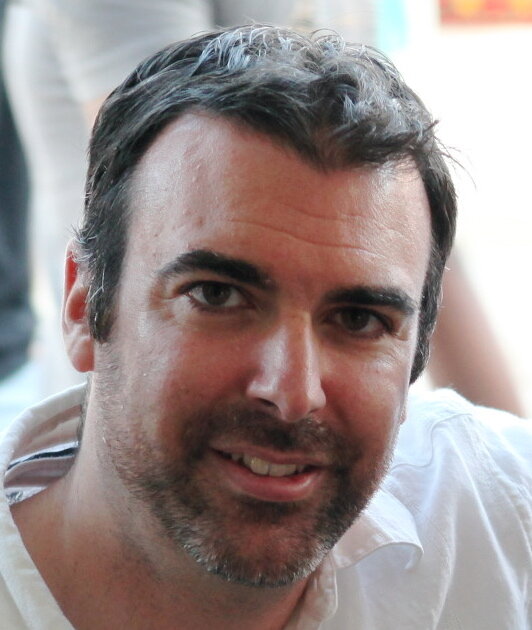Richard Jankowsky
Richard Jankowsky is the Chair, and Associate Professor in Ethnomusicology, in the Department of Music of Tufts University.
Through long-term fieldwork-based methods, Professor Jankowsky's research revolves around the intersection of music and power in North Africa, particularly music's capacity to give voice to underrepresented populations, to articulate religious sentiment, and to serve as a flashpoint for debates over cultural, religious, and political identities. His music analytical work explores issues of repetition, density, and transformation in contemporary trance rituals. His book Stambeli: Music, Trance, and Alterity in Tunisia (University of Chicago Press, 2010) received three honorable mention awards for book prizes from academic societies in the fields of anthropology, ethnomusicology, and North African Studies. His most recent book, Ambient Sufism: Ritual Niches and the Social Work of Musical Form (University of Chicago Press, 2021) examines the important yet virtually undocumented role of women and underrepresented minorities in North African trance healing musics and theorizes the capacity of ritual musical form to make social, devotional, and therapeutic interventions. His articles appear in the journals Ethnomusicology, Ethnomusicology Forum, Analytical Approaches to World Music, and the Journal of North African Studies. He authored the North Africa and Middle East chapter of the textbook Excursions in World Music and the Music and Ritual chapter of the reader Critical Themes in World Music. He is editor of the Middle East and North Africa volume of the Bloomsbury Encyclopedia of Popular Musics of the World and is co-editor of the Brill book series Studies on Performing Arts and Literature of the Islamicate World. He is a two-time National Endowment for the Humanities Fellow and a recipient of fellowships from the American Institute for Maghrib Studies, the Arts and Humanities Research Council, and the Fulbright Program.
Rich was an extraordinary student in the EPIIC year on The Future of Democracy. He presented his research on jazz and democracy at a concert evening where Chick Corea and Gary Burton, the famed jazz icons performed on behalf of the Institute, to a packed audience at Cohen auditorium.
Chick that evening also sat in on the piano for a special performance of Rich’s original composition, Habibi, which he dedicated to the Institute. It was one of the most memorable moments of my 30 years at Tufts.
For Rich, my undergraduate student, to return to his alma mater, Tufts, after his Fulbright year in Tunisia, gaining his PhD at the University of Chicago, and teaching at SOAS in London, to become a tenured faculty member and Chair, is a powerful, meaningful trajectory for me to witness. To have had a minor role in his education, the privilege to write some of his recommendations, and then to benefit from his generosity and knowledge, as he mentor subsequent generations, is profoundly gratifying.

